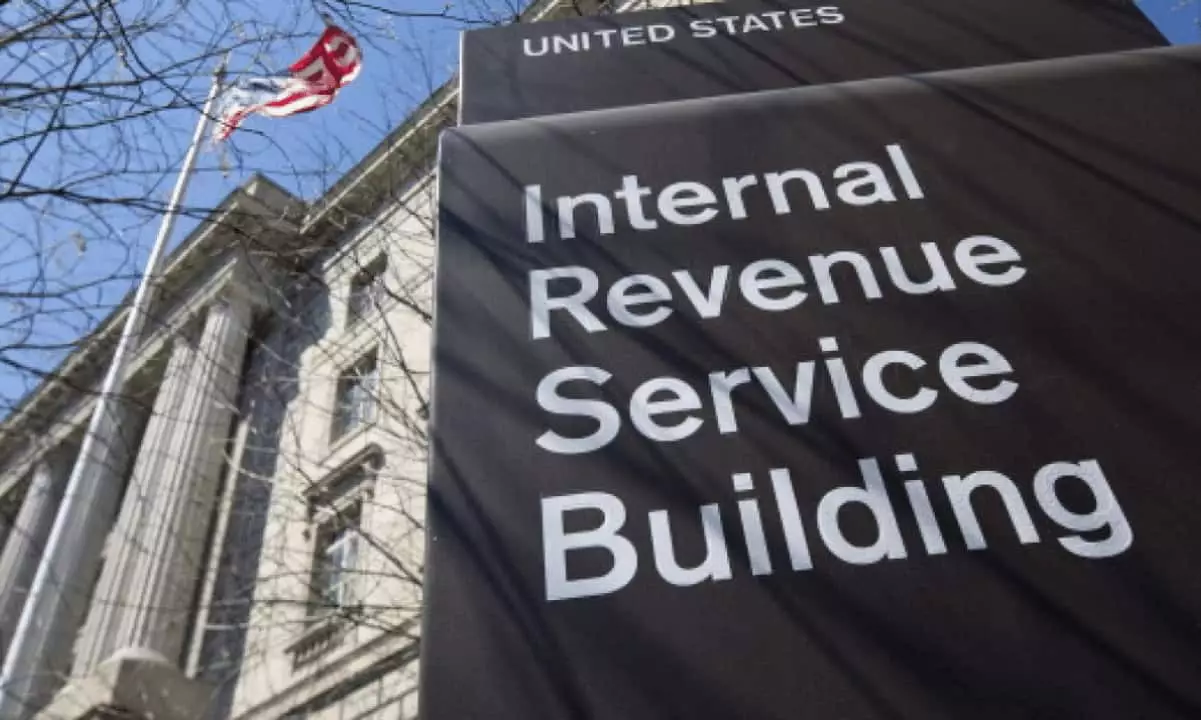The landscape of cryptocurrency taxation is evolving rapidly, and the new regulations set to come into effect in 2025 have prompted the IRS to implement a temporary relief measure for crypto holders dealing with centralized finance (CeFi) brokers. This move is primarily aimed at easing the burden of compliance associated with upcoming reporting mandates established under Section 6045 of the tax code. The complexity of these tax regulations raises significant implications for both individual investors and broader market dynamics.
The new rules scheduled to take effect on January 1, 2025, require all CeFi brokers to report on cryptocurrency transactions rigorously. This involves adhering to specific accounting standards, which can create complications for investors who are used to managing their digital assets with varying strategies. According to tax experts like Shehan Chandrasekera from CoinTracker, if investors do not specify an accounting method like Highest In, First Out (HIFO) or Specific Identification (Spec ID), brokers are mandated to default to the First In, First Out (FIFO) method. This default can lead to unanticipated tax liabilities that could be detrimental in periods of rising asset prices.
In a bullish market, FIFO could force holders to sell their oldest assets first. These assets typically have a lower purchase price, potentially leading to a higher taxable income as the capital gains calculated from these transactions would be larger. The IRS’s efforts to streamline this reporting process highlight the increasing complexity investors face in ensuring compliance while also trying to minimize tax liabilities.
Acknowledging the challenges faced by cryptocurrency investors, particularly the unpreparedness of many CeFi brokers to support more granular accounting methods like Spec ID, the IRS issued Notice 2025-7. This notice provides a temporary reprieve for transactions conducted between January 1, 2025, and December 31, 2025, allowing taxpayers more flexibility. Investors can now refer to their own transaction records or employ crypto tax software to determine which specific assets they are selling, rather than defaulting to FIFO.
Chandrasekera emphasizes that this change is automatic—meaning there is no urgent action required from taxpayers to benefit from this relief. However, the illusion of simplicity may disguise the underlying need for careful record-keeping. Starting on January 1, 2026, users will be required to confirm an accounting method with their broker to avoid reverting to the potentially disadvantageous FIFO method.
Preparing for the Future: The Importance of Documentation
In the interim, investors are encouraged to maintain thorough documentation of all their cryptocurrency transactions, as well as utilize reliable crypto tax software to ensure accurate reporting that aligns with their chosen accounting methods. Failing to maintain meticulous records could lead to unintended consequences, such as defaulting to FIFO and incurring higher tax burdens. While the IRS’s temporary relief offers a welcome cushion during this transition, the responsibility lies heavily on the individual to navigate this complex landscape effectively.
Furthermore, traders should be proactive in confirming with their brokers about the accounting options that will be available post-2025. As the industry adapts to the new regulations, it is crucial for investors to align their tax strategies with the operational capacities of brokers—a misalignment could lead to discrepancies that are both complex and costly to rectify.
This initiative arrives on the heels of heightened scrutiny surrounding cryptocurrency regulations, particularly regarding the definitions of brokers and the inclusion of DeFi platforms under such regulations. Many in the industry have voiced concerns, arguing that the rapid implementation of broker reporting rules could violate existing administrative protocols. Legal entities such as A16z Crypto and the DeFi Education Fund have already taken steps to challenge these regulations, indicating ongoing contention within the regulatory landscape.
In essence, as the IRS forges ahead with these measures, it becomes increasingly clear that crypto taxation is an area bereft of simplicity. With new rules on the horizon and legal battles underway, investors must arm themselves with knowledge and resources. As the industry becomes more intertwined with traditional financial reporting practices, the prudent choice for investors is to stay informed and prepared, ensuring they can navigate these turbulent waters with confidence.

